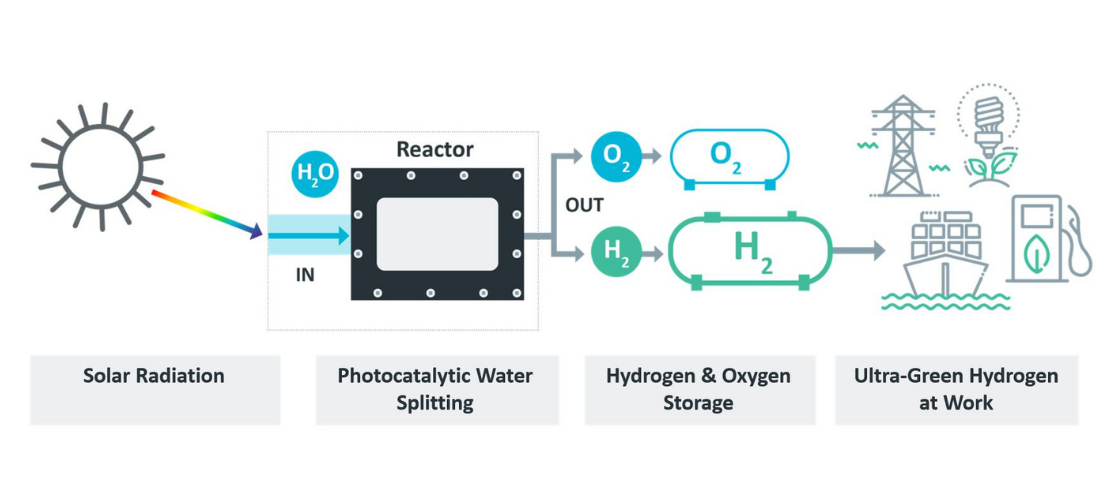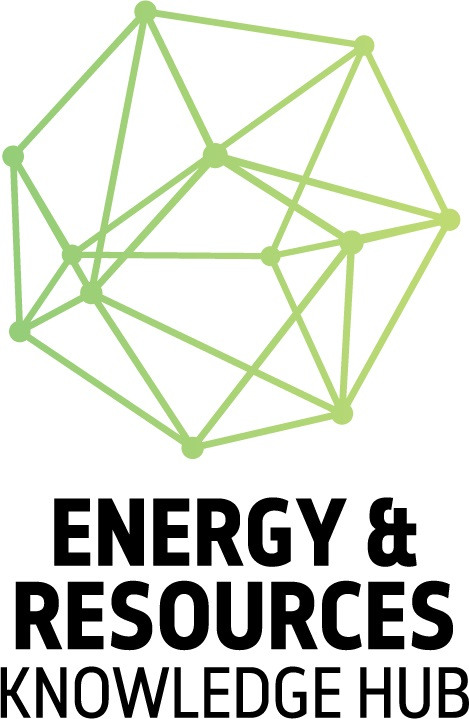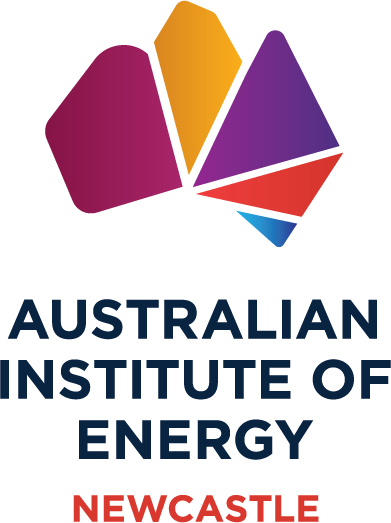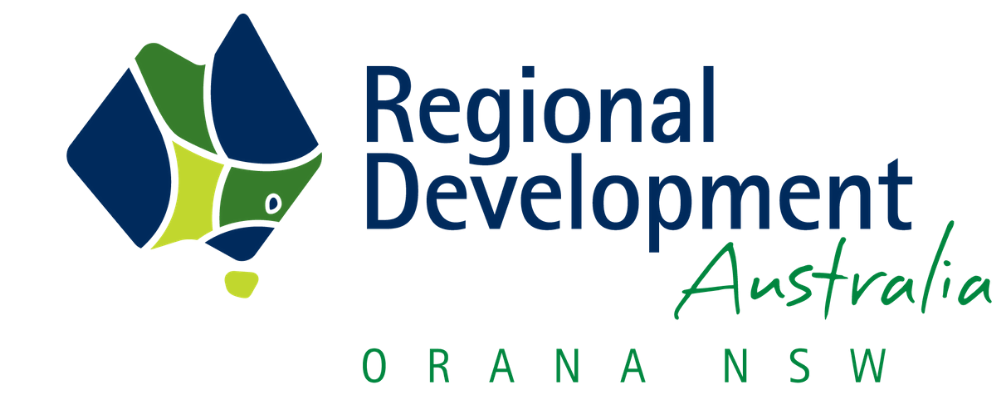Sparc Hydrogen announces successful testing of second-gen photocatalytic water splitting reactor in Newcastle
With the successful testing of the second-generation prototype reactor, Sparc Hydrogen moves closer to realizing its vision of delivering efficient and cost-effective green hydrogen production technology.

Sparc Hydrogen, a joint venture between the University of Adelaide, Fortescue, and Sparc Technologies, has announced the successful testing of its second-generation prototype photocatalytic water splitting (PWS) reactor at the CSIRO Energy Centre in Newcastle, New South Wales.
The testing, completed on schedule and within budget, demonstrated notable improvements over the first-generation prototype. These enhancements include better temperature and pressure control, as well as improved gas production and measurement. Importantly, hydrogen gas production closely matched the expected results from laboratory testing, validating the efficacy of the technology under concentrated solar simulation.
Sparc Technologies Managing Director, Nick O’Loughlin, remarked on the progress, stating, "The performance and design improvements that have been demonstrated through the second generation reactor validate the ongoing laboratory work along with the approach that Sparc Hydrogen has taken to on-sun scale-up."
The scalability of the second-generation prototype is a key feature, allowing for easy integration into a linear Fresnel concentrated solar field for pilot-scale testing. This scalability aligns with the company's plans for advancing to the next stage of the joint venture, pending board approval.
Funding support from Australia’s Economic Accelerator (AEA) grant program and the CSIRO Kick-Start Program has facilitated the successful completion of the prototype testing. Sparc Hydrogen acknowledges the importance of this support in meeting the objectives outlined at the onset of the testing phase.
The success of the prototype testing underscores the potential of PWS as an alternative to electrolysis for producing low-cost green hydrogen. Sparc Technologies sees a significant market demand for such alternative technologies, especially considering the challenges faced by electrolysis projects globally.
In tandem with the prototype testing, Sparc Hydrogen has been advancing development workstreams for a pilot plant. A pre-FEED study completed in the previous quarter demonstrated the feasibility of building and funding a pilot plant incorporating modular, scalable linear Fresnel concentrated solar mirrors.
Sparc Hydrogen's joint venture partners are committed to furthering the development of green hydrogen technology. The venture aims to leverage the expertise and capabilities of each partner to accelerate progress towards commercialization.
The CSIRO Kick-Start Program, an initiative designed to support innovative Australian start-ups and small businesses, has played a crucial role in providing access to research expertise and capabilities, further facilitating the development and growth of Sparc Hydrogen.












